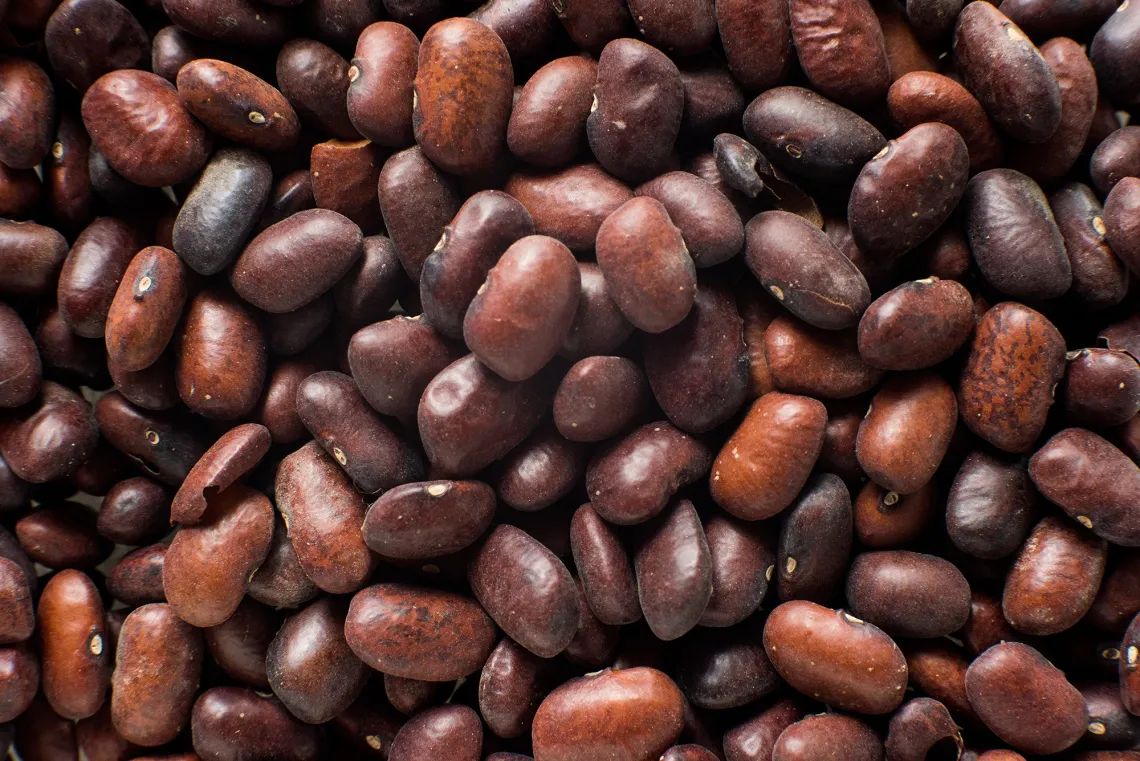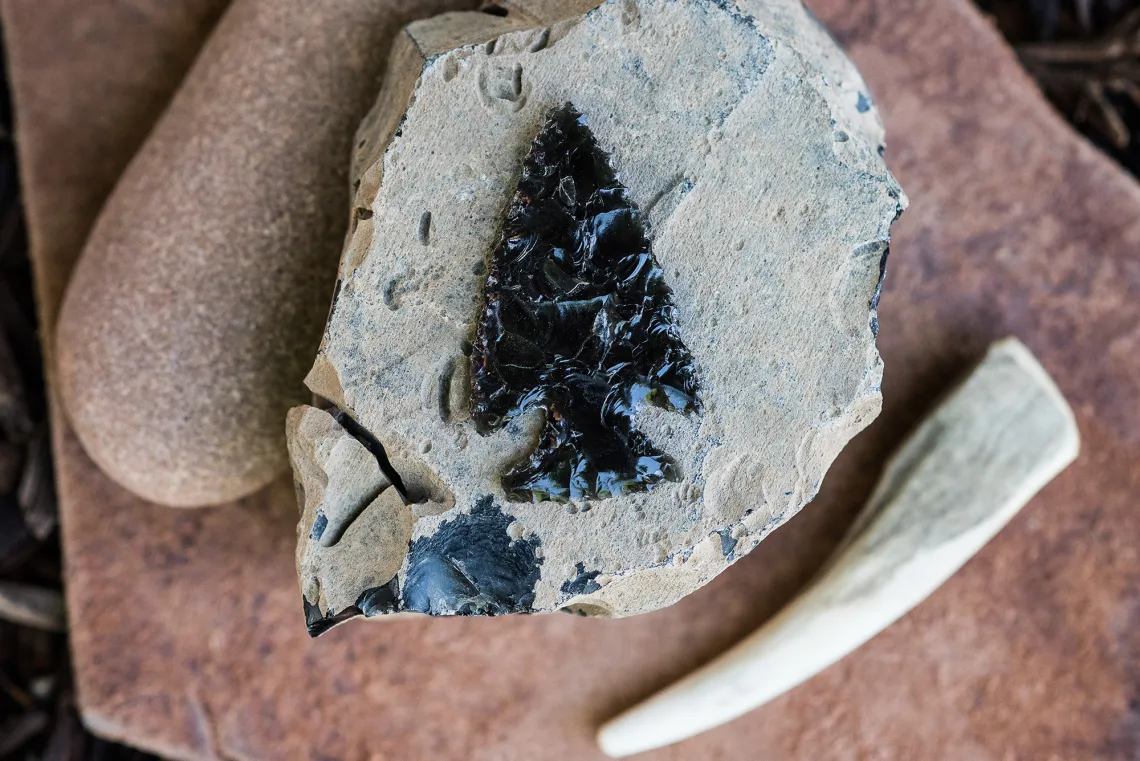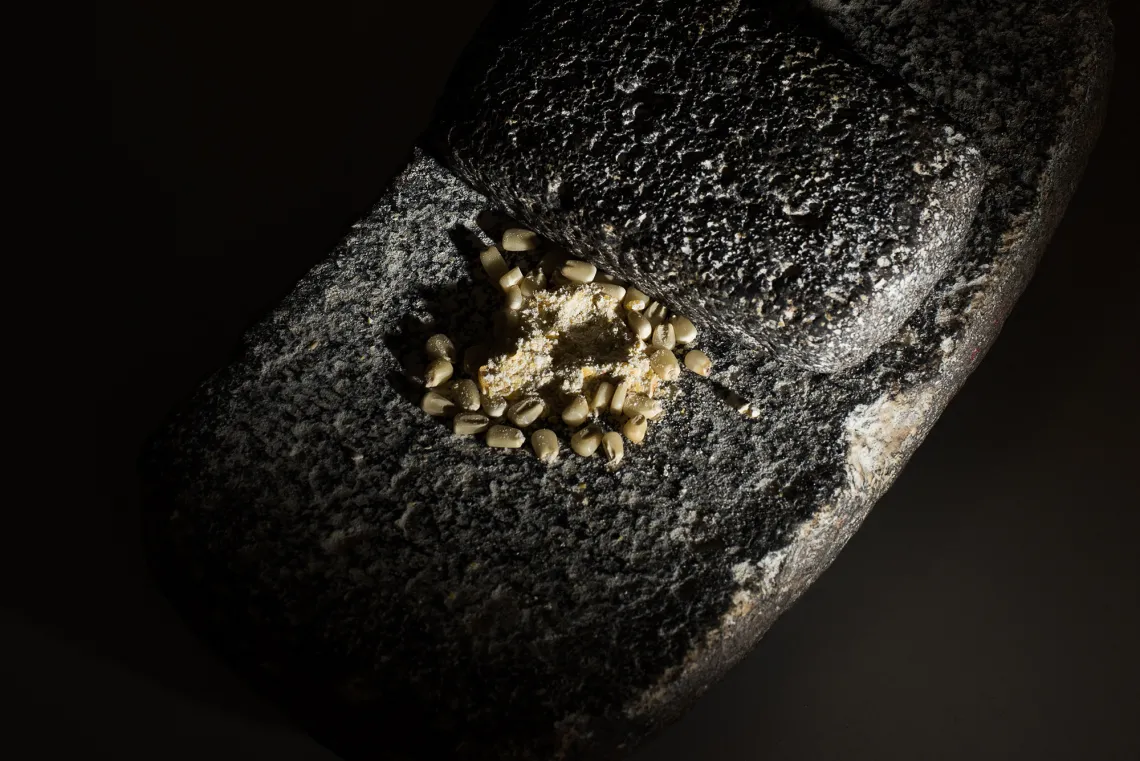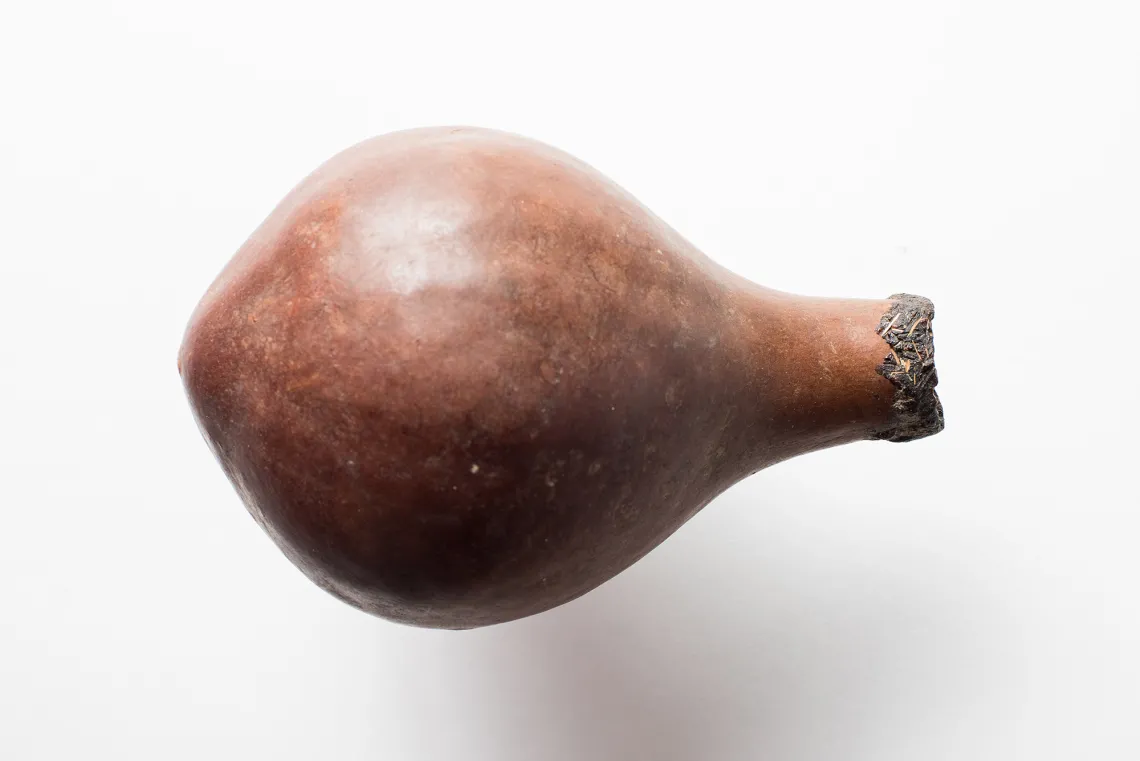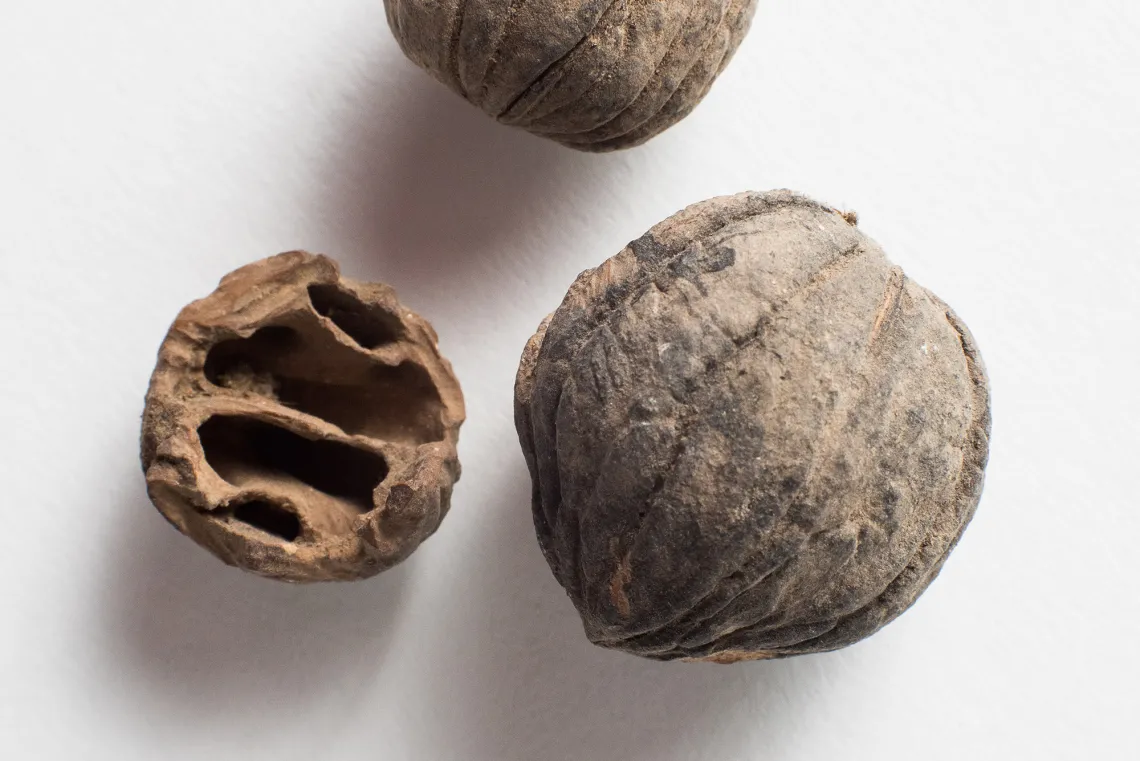Vital Partnerships
UNESCO City of Gastronomy and the Center for Regional Food Studies
From agricultural sciences to folklore, cutting-edge nutrition to ancient food systems, UA researchers have a long history of researching, documenting and promoting the borderland culinary heritage that makes Tucson a distinct food city.
The Center for Regional Food Studies, established in 2015 in the College of Social and Behavioral Sciences and the Southwest Center, advances food justice, food security and food systems innovations in border states. This, in partnership with the City of Tucson, helps carry out the city’s educational and outreach commitments as a UNESCO City of Gastronomy.
“We are excited that Tucson is a City of Gastronomy,” says John Paul Jones III, dean of the College of Social and Behavioral Sciences.
“When people think of food studies, they often think of nutrition, but the environmental, historical, cultural and social-justice aspects of food are also important to our community,” Jones says. “This center is a collaborative effort to better understand and improve our region’s food culture. The issues it addresses range from food deserts and food security to sustainability and identity.”
Gary Paul Nabhan, the food studies center’s founding director, is also the W.K. Kellogg Endowed Chair in Sustainable Food Systems at the Southwest Center.

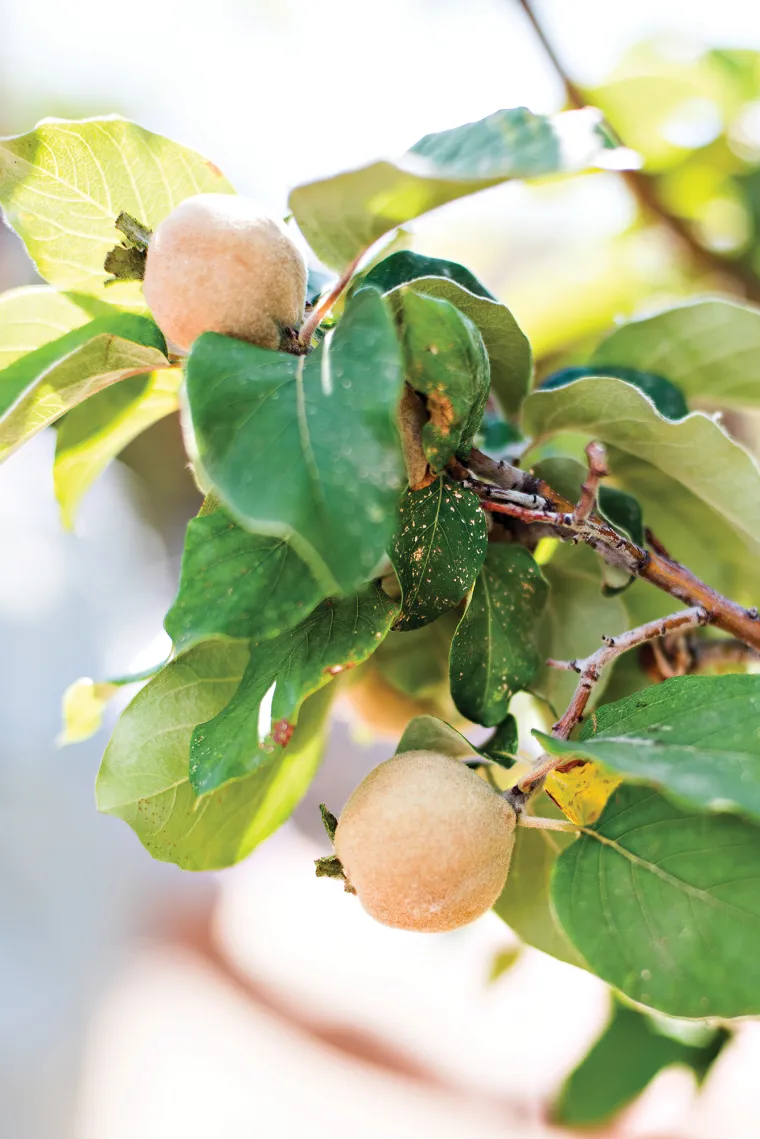
Nabhan is recognized internationally as a desert food scholar and farming activist. He is a pioneer in the food relocalization movement and in heirloom seed conservation. Nabhan co-created Native Seeds/SEARCH, received a “genius award” from the MacArthur Fellows Program and is a senior contributing editor to Edible Baja Arizona magazine. He has written nearly 30 books on food and agriculture.
Nabhan and his research colleagues monitor how the City of Gastronomy designation helps Tucson with its economic recovery and struggle to vanquish food insecurity, hunger and poverty.
“Tucson is deserving of the City of Gastronomy title not only because it’s the city in the U.S. with the oldest agricultural history of food crop production but because of its current vitality with regard to fostering local food culture through food business startups, urban agriculture, food festivals and university-level interdisciplinary food studies,” Nabhan says. “We are thrilled that UNESCO bestowed this honor on our city and are proud that this center fulfills the research and educational aspects of this designation in partnership with the City of Tucson.”
Outreach and public service include working alongside and in support of the UA’s Community and School Garden Program, the Garden Kitchen nutritional education outreach program, the Tucson Village Farm, Compost Cats and the Food Justice Lab.
Also, the center runs a graduate student network of food justice scholars to work with community groups such as the Pima County Food Systems Alliance and Tucson’s new 20-member commission on Food Security, Heritage and Economy.
The unit also co-hosts the annual Arizona Food and Farm Finance Forum and will host the Sabores Sin Fronteras Foodways alliance through a public participation platform and website.
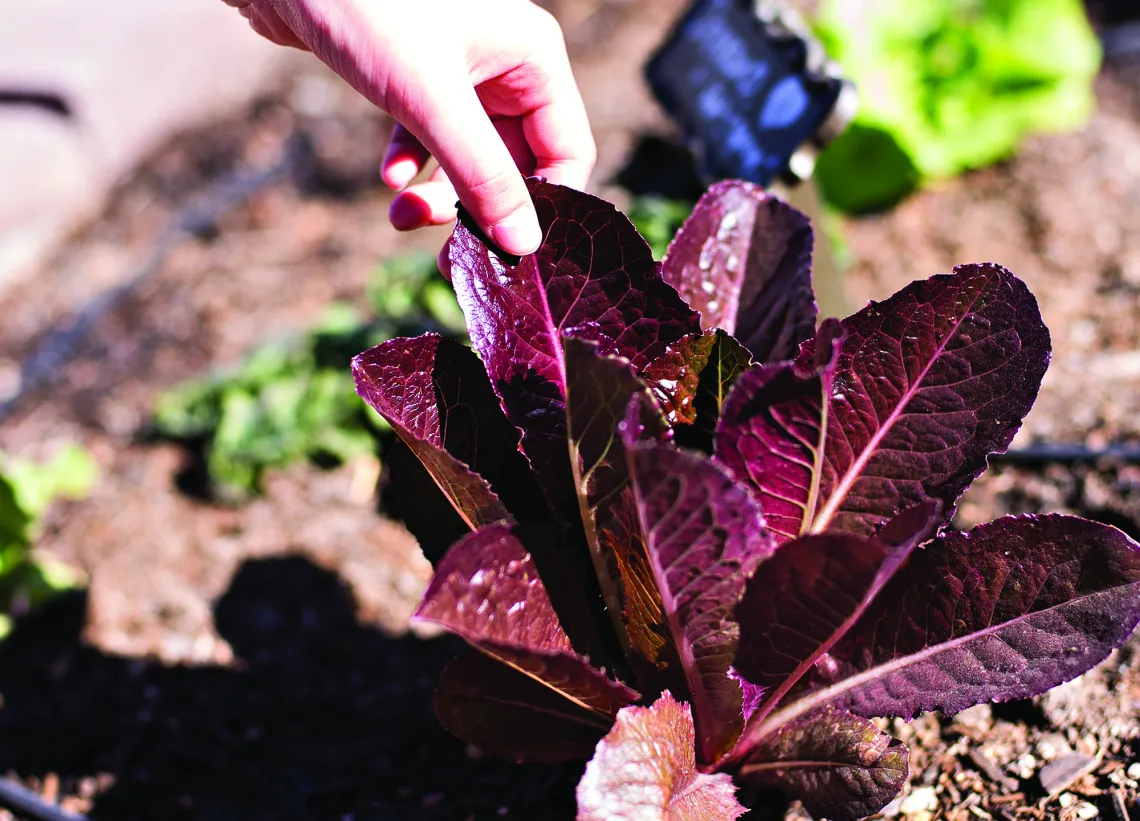
The Garden Kitchen is a “seed to table” program that teaches people how to grow, buy, properly store and cook nutritious, low-cost food. The Garden Kitchen team shares cooking lessons and gardening education at its location in South Tucson.

